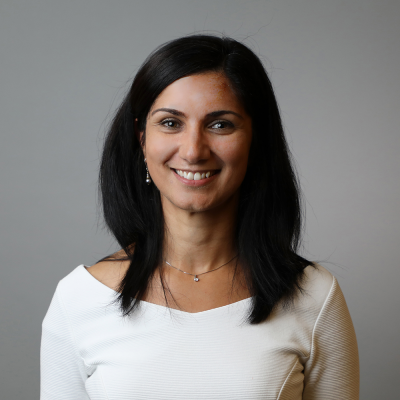
Our mission at the Health Foundation is clear – to bring about better health and health care for people in the UK.
However, the reality of trying to achieve this in practice is much harder than it sounds, from understanding what makes us healthy and preventing ill health in the first place, to diagnosing and treating disease. On top of this we need a skilled workforce, one that can tackle all of these things while also improving care. Add in a variety of organisational structures and financial arrangements across institutions and devolved regions, and our mission statement suddenly feels like a journey of epic proportions that only Tolkien can better.
The research we fund at the Health Foundation plays an important part in helping to make sense of the complexities of health and health care. People who work at the front line, as well as commissioners and policymakers, need robust evidence to help them identify the interventions that really work, supporting their decision making and enabling them to learn from other people’s experience.
The research team plays an important role in supporting this, and has funded over £24 million of research activities over the past five years to create a robust evidence base. We’ve worked closely with academics and clinicians to design and develop new and innovative approaches to understanding health care quality. We’ve funded research looking at how we use clinical audit data to improve the quality of health care across the UK, and explored how behavioural insights can be used to improve efficiency and reduce waste. More recently we have funded a series of projects looking at the impact that a person’s physical and/or mental health has on their own economic and social outcomes over the medium to long term.
Over the past year, we’ve also been taking a good look at the processes that sit behind our funded research and evaluation.
In 2019 we’re launching a new rolling open call funding programme – and will focus on two different topics each year. We are looking at how other sectors commission evaluations, exploring innovative ways to understand what works, when, how and why and for whom, so that we capture the learning from our programmes more effectively. We’re also reviewing how we mobilise the knowledge from our research investments by bringing together academics, policymakers and clinicians to help translate research into practice through a range of research events, as well as supporting researchers to develop new ways of communicating with wider audiences.
In this month’s newsletter, we offer insights into some of this work, focusing on projects with novel approaches to the delivery or design of research and evaluation through innovative uses of data or through new approaches to data collection and analysis. We highlight how we are developing more collaborative models of evaluating improvement programmes through our Exploring Social Franchising programme, where we’re testing new ways of commissioning that support the development of innovations in ‘real-time’.
We also look at how you can use longitudinal data sets to understand the social and economic value of health, and how using citizen science approaches in health care research, in particular crowdsourcing, could have great potential for generating efficiencies while unlocking new insights and learning.
What is really important about all our work here at the Foundation is that we’re continuing to support and encourage innovative new models of working, and supporting our researchers, evaluators and teams to make real headway in improving health and health care. So with this in mind, I’ll leave you with the following quote from the indomitable Albert Szent-Gyorgi, that sums up a fundamental principle of the approach the research team is taking:
‘Research is to see what everybody else has seen, and think what nobody else has thought.’
Usha Boolaky (@Uboolaky) is Senior Research Manager at the Health Foundation.
Work with us
We look for talented and passionate individuals as everyone at the Health Foundation has an important role to play.
View current vacanciesThe Q community
Q is an initiative connecting people with improvement expertise across the UK.
Find out more

